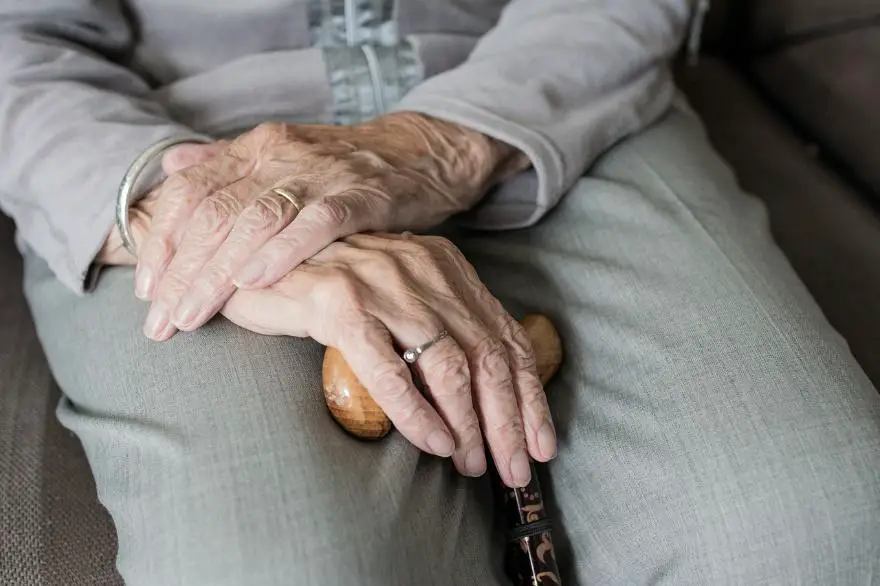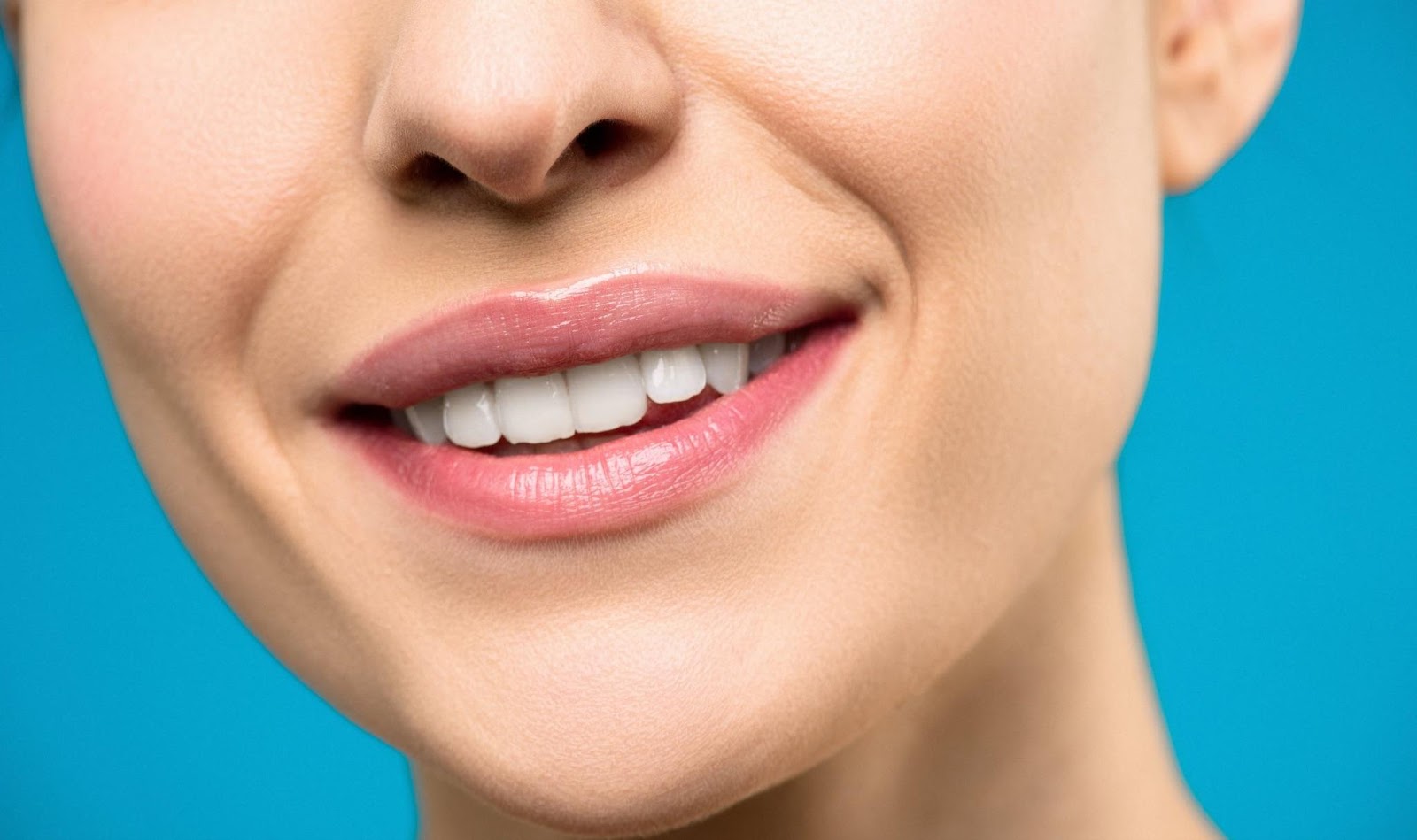Six Useful tips for healthy Aging

If all you want to do after retirement is take a break and let go of worries, you’re not alone. After all, you deserve a break after a long and hectic work life. Amidst all this, one thing you shouldn’t leave is an effort to maintain a healthy lifestyle.
Yes, it might sound challenging and unwanted to stop lazing around and get off the couch but remember that even slight negligence can have serious long-term consequences. It isn’t just about a few wrinkles and sagging skin; there is much more to it.
Health is wealth, and ill health can suck out the fun from everything else. However, it is equally important to know that not every health complication is avoidable in old age; some changes are natural, like brittle and thinning bones, a weak heart, cognitive deficits, and digestive changes.
Others, like cardiovascular disease, cancer, memory loss, osteoarthritis, and diabetes, are avoidable but with the right habits.
While it is true that healthy early years translate into healthy old age, it still isn’t too late to start amending your lifestyle.
The following tips should help you age gracefully:
1. Work on prevention
The adage that ‘prevention is better than cure’ must have started sounding redundant by now, but don’t let it deter you from taking precautions when they matter the most in old age.
Preventative care includes regular health screenings for concerns ranging from heart complications to some types of cancers. It is recommended that women aged 45 and older should regularly get screened for breast cancer.
Other cancers are more of a risk in specific populations. Veterans, for instance, are at risk of mesothelioma because of potential asbestos exposure. You can learn more about this type of cancer from mesotheliomahope.com.
Your healthcare professional might also recommend flu, COVID-19, and Tdap vaccines.
2. Stay active!
Physical activity can reap many benefits that can offset the impacts of aging; for instance, Medline Plus suggests that regular exercise is known to keep you mobile, improve balance, enhance mood, reduce depression and anxiety, and even promote better cognitive functioning.
It can also help reduce the risk of chronic illnesses like heart disease, diabetes, breast and colon cancer, high blood pressure, and osteoporosis. Ideally, you should try to include at least 150 minutes of moderate-intensity activity weekly with strength exercises twice a week.
3. Socialize
As you grow older and step back from the community after retirement, it requires effort to remain socially active, and many elderly people find it easier to live a life of loneliness. This can be deadly for your mental peace and slowly destroy your mental health.
Research shows that in 2023, one in every three elderly adults reported that they experienced isolation, and more than one in three felt a lack of companionship. Such prolonged and chronic feelings of loneliness can affect your mental, physical, and cognitive health and reduce life expectancy.
Having established the importance of socializing, the question arises: How can you be more social? The best way is to reconnect with the community through participating in local activities, social media, volunteer work, and joining a local club or senior center.
4. Eat healthy
You are what you eat; a balanced diet is critical to healthy living. No matter how old you get, your body needs the right proportion of nutrients to lower the risk of chronic illnesses like heart disease.
The US Department of Health and Human Services suggests consuming a diet rich in fruits, whole grains, vegetables, and dairy products low in sugars, sodium, and saturated fat.
Firstly, older people are more prone to dehydration than usual because their thirst sensation is reduced. It will help if you make a routine of drinking small volumes periodically throughout the day.
Secondly, watch out for a lack of appetite. For several reasons, it is natural for the elderly to lose interest in food, but research has also shown that simply enhancing the food flavors and ambiance at mealtimes can help tremendously.
Also, consult your healthcare provider to know if you need vitamin B6, B12, calcium, iron, or vitamin D supplements.
5. Get rid of unhealthy habits
If you are a habitual smoker or drinker, it is time to eliminate these deadly habits because they can cause serious health issues, including cancers of the throat and lungs, premature wrinkling, blood pressure problems, liver cirrhosis, increased risk of heart disease, and so on.
It is also understandable that coming clean isn’t possible overnight once you develop an addiction. You would need to reduce the dosage until you can live without the addictive substance.
It is also natural and perfectly alright to need professional help. Consider joining a rehabilitation center if you find it hard to prevent relapse and quit.
6. Prioritize sleep
Yes! The days when sleep was important aren’t over just yet. It is as essential for you to go to bed on time as it is for your grandkids.
Long-term sleep deprivation can cause memory issues, increase the risk of falls, and make you more irritable and depressed.
The first and foremost thing to do is to maintain a regular sleep schedule. As tempting as it might be to stay awake watching television, make sure you sleep simultaneously every night so your body adjusts to the schedule.
Final words
Staying physically and mentally healthy in your old age is challenging but not impossible. If you make the right lifestyle choices, you can live a fulfilling life despite your white hair. Remember to focus on prevention, stay active, socialize, eat healthy, and prioritize sleep.
A little extra care will be worth the benefits you will reap.







